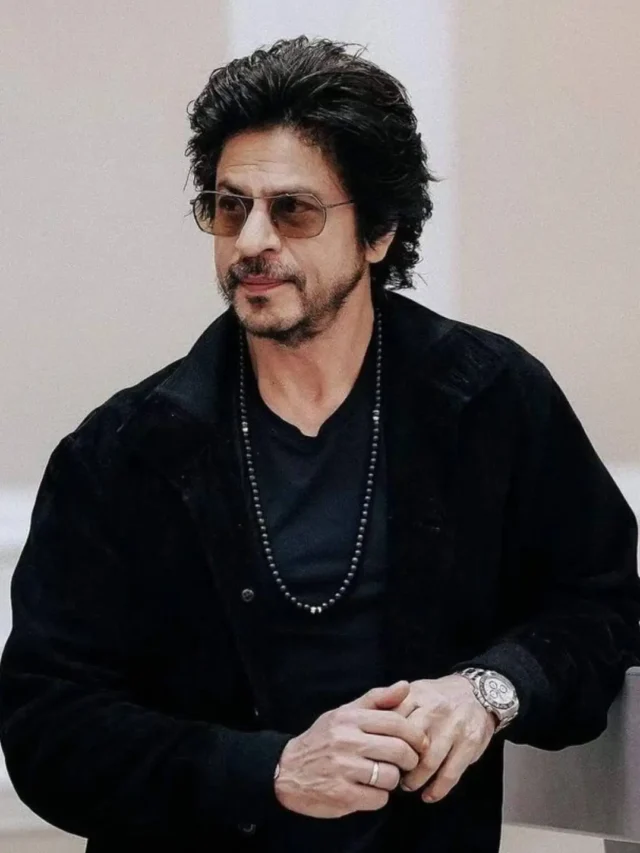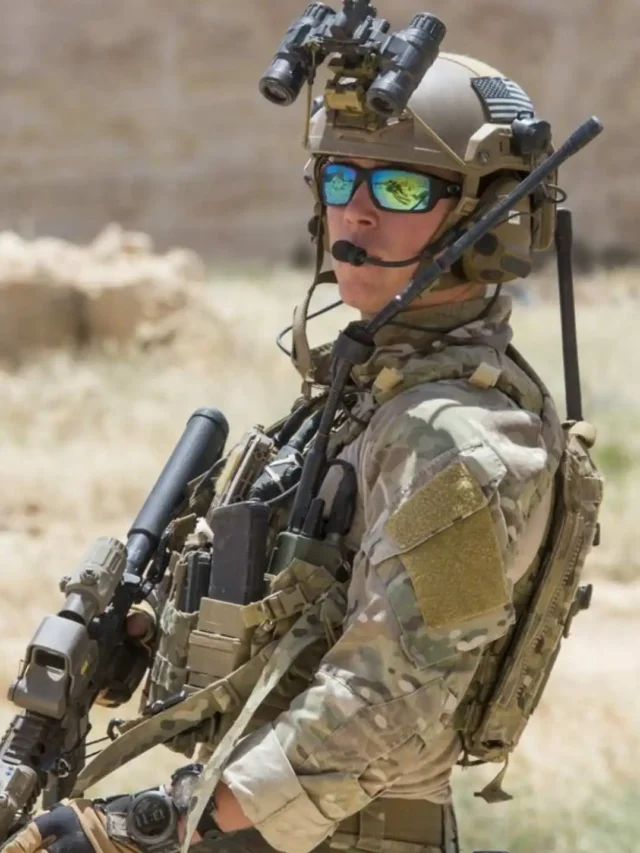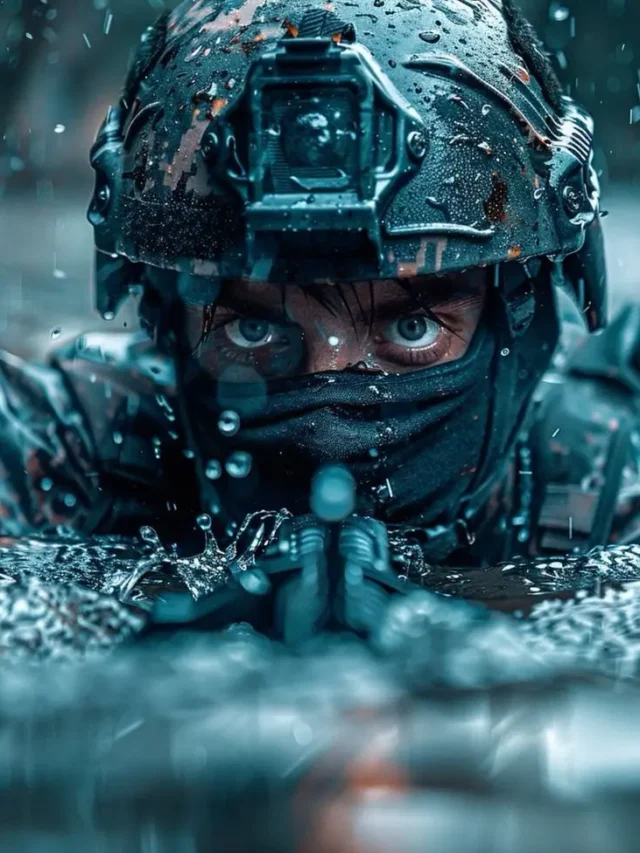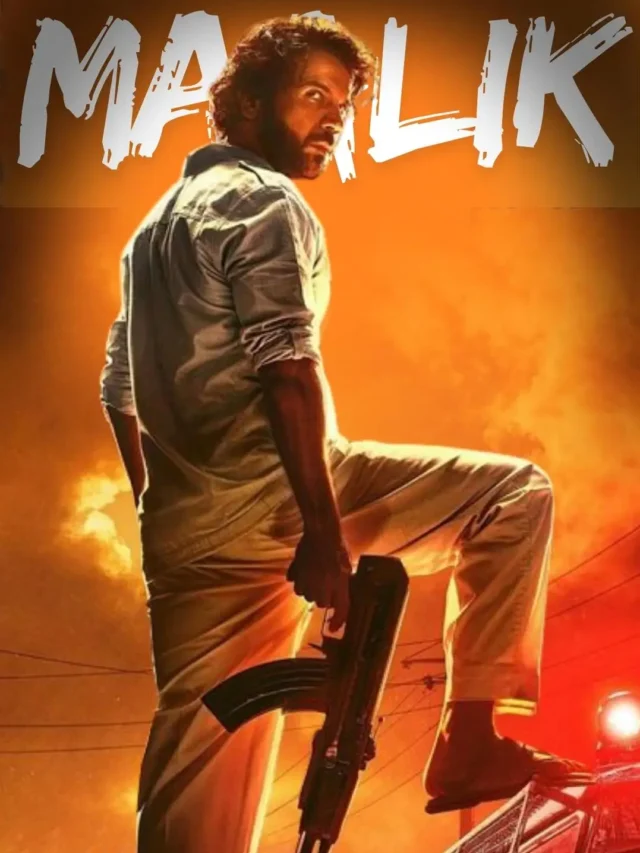The Malegaon blast of 2008 is among the most discussed and controversial cases of India. the incident happened On 29 September 2008, when a bomb planted on a motorcycle blasts in Bhikku Chowk in Malegaon, Maharashtra, which led to killing of 6 people and injuring more than 100 people. This article describes the event, participants, and how it unfolded.

Malegaon Blast Incident Overview
| The Date of the Blast: | 29 September 2008 |
| Site: | Malegaon, Maharashtra |
| Casualties: | 6 dead, more than 100 injured |
| Type of Attack: | Motorcycle bomb outside a mosque |
| Target: | Members of the Muslim community at evening prayer |
The bomb went off in the evening at Bhikku Chowk which is a busy area in Malegaon when a Muslim religious gathering was under way. The bomb killed six people and wounded many others.
Initial Investigation
After the incident initially The Maharashtra Anti-Terrorism Squad (ATS) took over the case and They detained a number of individuals for this incident which includes Sadhvi Pragya Singh Thakur and Lt. Col. Prasad Purohit, who belonged to Hindu nationalist organizations. The ATS thought that this could be a far-right conspiracy to cause communal surprise. Read more recent articles like this at News.highzones.com
Important Evolutions in the Investigation
- In 2011, the case was overtaken by the National Investigation Agency (NIA).
- The NIA went deeper in its investigation and concentrated on the role played by Hindu extremists with regard to the Malegaon explosion. This transfer changed the plot by showing a broader conspiracy and radical groups.
- Special NIA Court Commences Trial 2017 – Special NIA Court Begins Trial
- A special NIA court had initiated the trial in 2017. Seven suspects were produced, including Pragya Thakur and Col. Purohit. They were charged with an anti-terrorism law, murder and conspiracy.
Timeline of the Malegaon Blast Case
- 2008: The bomb explosion occurred and the ATS conducted raids.
- 2011: The NIA then jumped in and expanded the investigation.
- 2017: The trial started in an exclusive NIA court.
- 2025: The ruling came following a number of delays
The Verdict
On 31 July 2025, the special NIA court discharged all seven accused including Pragya Thakur and Lt. Col. Purohit. The judge said there was insufficient evidence to establish that the suspects were involved in the attack and also that the investigation had made errors and misused the Unlawful Activities (Prevention) Act (UAPA). Read more recent articles like this at News.highzones.com
Court’s Reasoning:
- Lack of Evidence: The accused had no definite evidence linking him to the bombing.
- Hostile Witnesses: Witnesses ended up giving hostile evidence, which they could not explain.
- Weaknesses of the Investigation: The court noted that the investigation lacked major forensic items and there were mistakes in the investigation procedures.
Reactions of the Verdict
Pragya Thakur was glad because God will punish the guilty. Col. Purohit flaunted the outcome and rejoiced with his fans because he too was innocent.
Head of the AIMIM Asaduddin Owaisi questioned who would take responsibility of the six lives taken. According to him, the ruling was a miscarriage of justice on the Muslim community.
Legal and Societal Implications
The acquittal raised concerns on the effectiveness of India in investigating and prosecuting terrorism cases. The findings of the court are indicative of significant investigative lapses, and it leaves doubt about future anti-terrorist prosecutions.
Malegaon Blast Verdict: Societal Impact
The decision revived controversies over communal tensions in India and the difficulty of pursuing cases with a religious connection. On the one hand, many questioned whether justice was done, not just in this instance, but generally. On the other hand, some people highlighted the flaws in the process and the judicial system. Read more recent articles like this at News.highzones.com
Conclusion
The 2008 Malegaon blast remains a key legal phenomenon of India. The prolonged investigation, the trial, the complete acquittal, and the doubt cast on investigation are all proponents to the problem of prosecuting terrorism cases. Although the legal story has ended, it sparked new talks about police reform and the need to change how people handle cases that involve sensitive issues like this one.
Disclaimer:
This article only have the intention of providing information. Any facts, quotations, and events are according to publicly accessible information at the time of writing. I have tried to be objective in the reporting of facts and to be fair, but the analyses and interpretations are my own and are not official opinion of any organization or individuals referred. It is kind advice to all the readers to do additional research and confirm the claims using reliable sources.
Read Top Articles:










